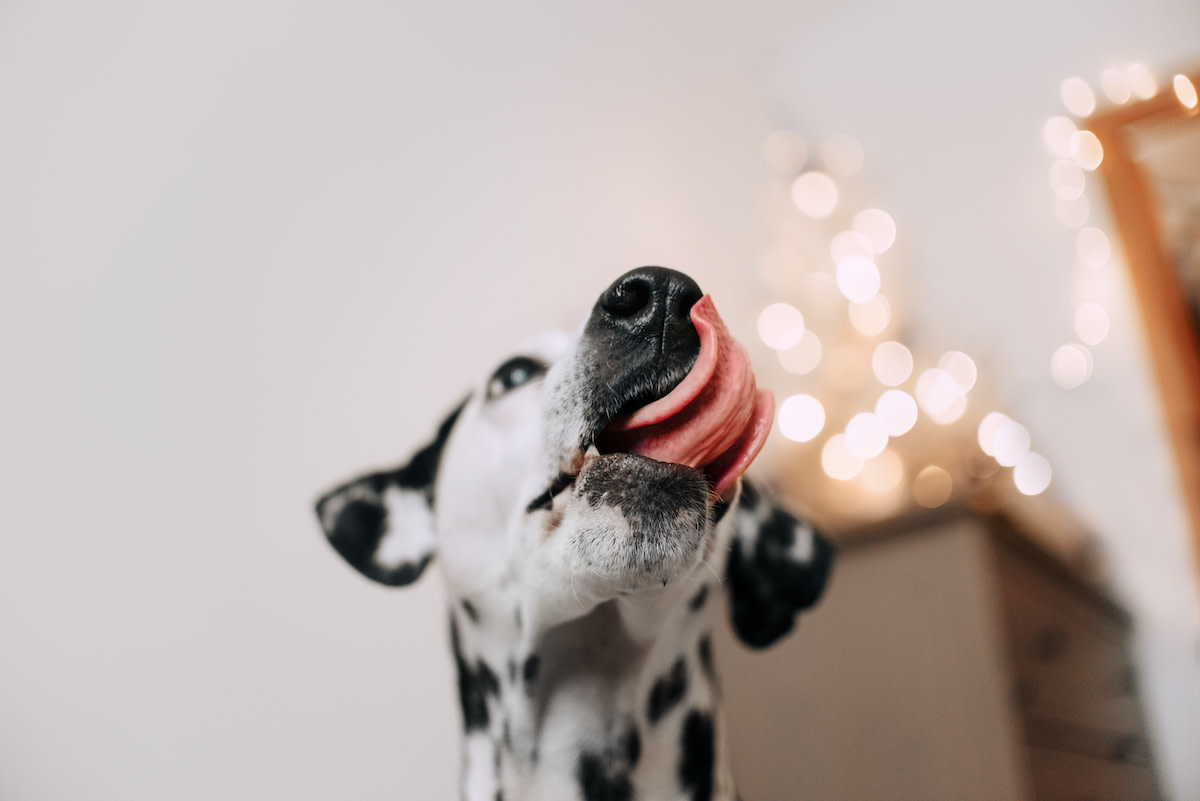Can Dogs Eat Pasta? How to Prepare Noodles for Dogs
Written by MasterClass
Last updated: Apr 11, 2022 • 4 min read
Dog owners must exercise caution whenever serving “people food” to their furry friends—and pasta is no exception. While dogs can eat pasta, it’s important to remember some key caveats when giving your pet small portions of these bready noodles. Learn more about how to serve pasta to your dog safely.
Learn From the Best
Can Dogs Eat Pasta?
All dog breeds can tolerate pasta, so long as their owners feed it to them plain and in a moderate amount. Since all types of pasta are high in carbohydrates, a small sampling can sometimes serve as an energy booster for your pet. Still, health issues might arise if you feed your dog pasta with a zesty spaghetti sauce or other spicy and salty ingredients.
To avoid an upset stomach or any other health concerns for your dog, serve the noodles plain.
Is Pasta Good for Dogs?
While plain pasta is safe for dogs, it doesn’t have many health benefits or much nutritional value. Some of the carbs in pasta can serve as a welcome addition to a balanced diet, but they can also easily cause weight gain and obesity for your pet if you feed them too many noodles. When dogs gain weight, they are more likely to develop other issues, such as heart disease.
Similarly, it’s imperative dog owners serve their canine companions pasta with as few additional ingredients as possible. Some common sauces and seasonings have ingredients capable of causing anemia (a drop in your dog’s red blood cell count), spikes in blood sugar, and other health problems.
7 Tips for Serving Your Dog Pasta
So long as pet owners remain conscious of a few caveats, they can serve their dogs plain pasta on occasion. Keep these seven tips in mind when treating your dog to noodles:
- 1. Check with your vet. Before introducing anything new to your dog’s diet, ask your vet to make sure doing so is safe. Vets can check for gluten or wheat allergies, as well as lactose intolerance—both wheat and milk are common in many pasta recipes. Knowing what your dog can or can’t eat will help you prevent them from suffering gastrointestinal issues or any other forms of health problems.
- 2. Feed pasta in very small portions. A large amount of pasta will likely cause stomach upset for your dog—so always opt to feed them this food in very small quantities. A cup of pasta a day is more than enough; a cup of pasta a week is probably even more advisable. Remember: Spaghetti noodles and other forms of pasta are no replacement for actual dog food. Act as if pasta is a very occasional dog treat rather than a steady form of sustenance.
- 3. Keep the pasta sauceless. When you serve your dog a cooked pasta dish, ensure it’s free of tomato sauce and other seasonings. Pasta sauces often include ingredients that will upset your dog’s stomach or are capable of causing even worse health issues (like pancreatitis or anemia). Dogs tolerate human foods with very simple ingredients much better than they do any with lots of spices, zests, and sugars.
- 4. Mind the salt content. Salt might be tolerable for your pet, but too much of it can wreak havoc on their digestive system. In most cases, you can avoid this problem completely by cooking and serving pasta without any salt. This issue is more likely to arise when you use instant noodles instead of cooking something fresh. For example, instant ramen noodles include a lot of sodium preservatives and could cause stomach issues for your dog.
- 5. Opt for rice if possible. While plain pasta might not cause any problems for your dog, brown rice and white rice might actually soothe their stomach. If you’d still rather use a more processed form of pasta as a treat, opt for simple chickpea, lentil, or whole wheat pasta recipes. These low-carb alternatives are less likely to cause weight gain or obesity for your pet.
- 6. Use cheese sparingly. Dogs love cheese, so a little on your otherwise plain noodles should present no problem. Still, large quantities of cheese will likely upset your dog’s stomach, and fatty cheeses can contribute to weight gain. Make sure to use this tangy dairy product sparingly when serving your dog pasta.
- 7. Serve pasta as plain as possible. Use plain pasta made from simple ingredients to assure your dog remains healthy. Egg noodles, whole wheat spaghetti, or lentil-based macaroni alongside raw or cooked vegetables should be fine for your dog. Refrain from using any alliums (like chives, garlic cloves, and onions) or tomato sauce.
Before Sharing With Your Pooch
Certain human foods can cause adverse reactions in canines, so always consult your veterinarian to determine whether it is safe to add these foods to your pet’s diet. This article is for educational and informational purposes and is not a substitute for medical or dietary advice.
Want to Learn More About Training the Goodest Boy or Girl?
Your dream of having a dog who understands words like “sit,” “stay,” “down,” and—crucially— “no” is just a MasterClass Annual Membership away. The only things you’ll need to train up a well-behaved pup are your laptop, a big bag of treats, and our exclusive instructional videos from superstar animal trainer Brandon McMillan.
